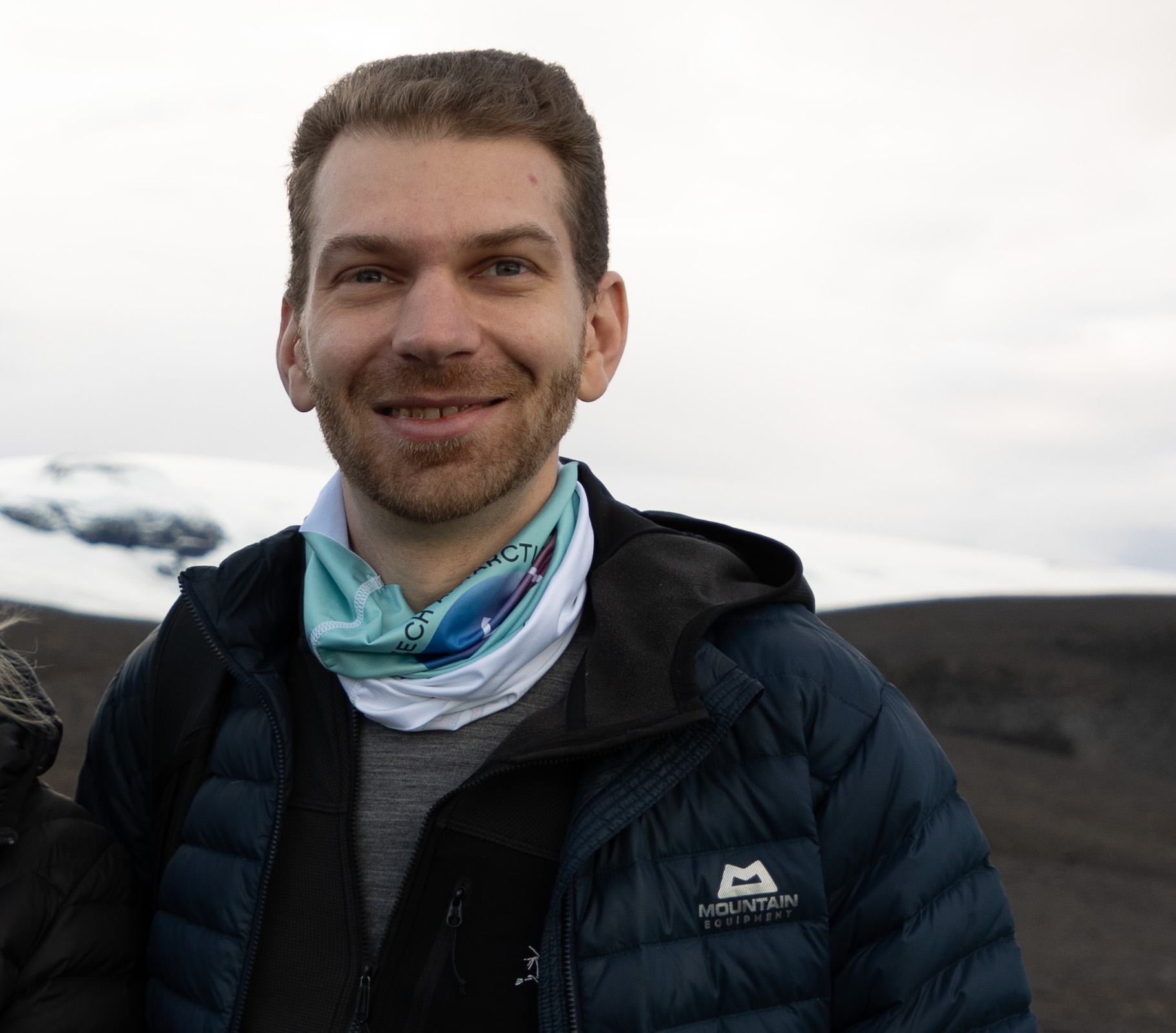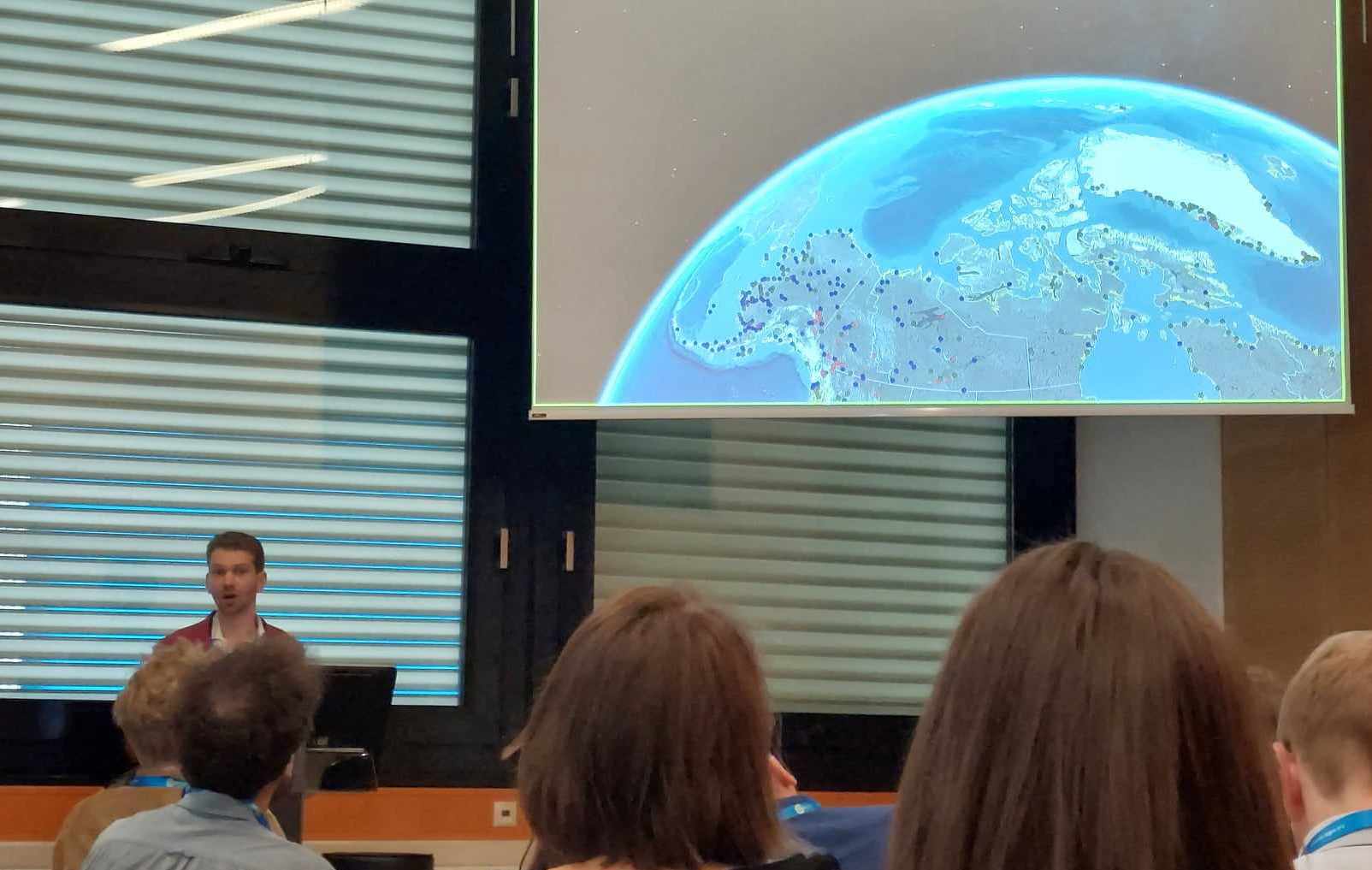Magnus de Witt tackles remote energy issues at ACEP
May 30, 2024
By Yuri Bult-Ito

Magnus de Witt is a research assistant professor at ACEP.
Magnus de Witt joined ACEP in March as a research assistant professor. Prior to this appointment he served as temporary ACEP faculty since last August.
De Witt’s research explores sustainable energy options in remote communities in Alaska and other Arctic regions, ranging in size from small scale such as a research station to a much larger scale such as regional grids. He incorporates affordability and policy-focused transition modeling into his work using system dynamics — a computer-aided approach for strategy and policy design in complex, dynamic systems.
He also works on the impacts of renewable resources on energy security and carbon life cycle analyses.
De Witt holds a bachelor’s degree in mechanical engineering from Fontys University of Applied Sciences in Venlo, the Netherlands. He received a master’s degree in sustainable energy engineering from the Iceland School of Energy at Reykjavík University in Iceland. His research focused on process, project analysis and optimization — a systematic process that uses design constraints and criteria to enable finding an optimal solution — such as manufacturing processes and project lifecycle analysis of geothermal power plants.
With energy security, social impact and policy in mind, de Witt went on to pursue a doctoral degree in the Department of Engineering at Reykjavík University, focusing on energy resources available in the Arctic and how the various resources can be harvested with different mature energy technology options for remote, off-grid Arctic communities to reduce their energy cost. He also mapped out what and how energy sources are used in remote communities in the Arctic.

Magnus de Witt gives a presentation on the energy transition modeling for off-grid communities in the Arctic at EGU 24, the annual meeting of the European Geosciences Union, held in Austria in April.
De Witt finds that his research interests and ACEP’s expertise in remote energy issues align well.
He calls it an interesting symbiosis.
“While ACEP can provide me with an excellent research infrastructure to perform high-level research, my research interests can help ACEP to gain further expertise,” de Witt explained.
When de Witt’s brain needs a break from work, which he enjoys very much, he turns to good food and wine to fuel his brain battery. He takes pleasure in cooking for social occasions as well as trying local or fine cuisines when eating out. He has been a competitive saber fencer all his life and picked up off-roading and hiking during his time in Iceland.


